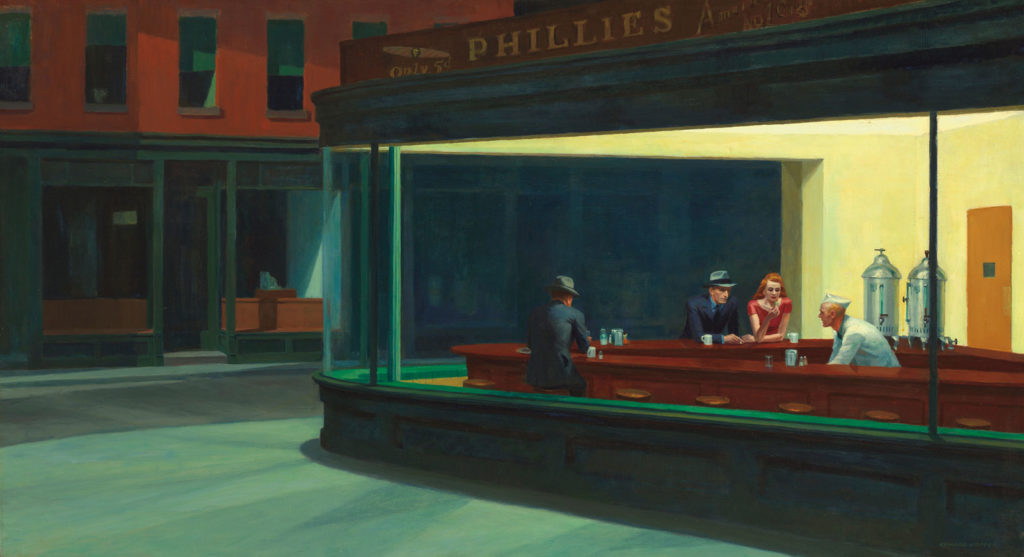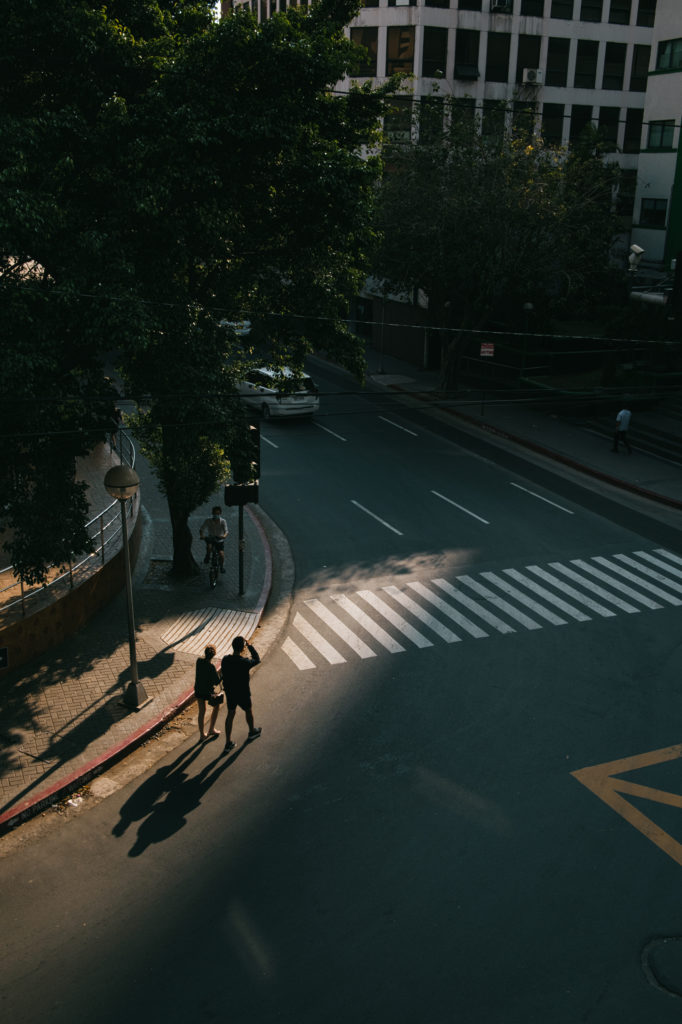
Nighthawks by Edward Hopper
The global, novel coronavirus has brought the world as we know it to a screeching halt. In the past few months, the COVID-19 pandemic has drastically closed borders and kept us contained in our homes. It’s been two weeks since I last stepped out of my house and with every passing day I ask myself, will this be the new normal?
Economic and social activity has largely been limited as governments around the world enacted measures to stop the rapid spread of the virus. In fact, there has been an actual decline in pollution and the world has never seen clearer and cleaner skies and seas than it has today. As mind-blowing as it seems, I find it troubling to see posts on social media saying that it is us, humans, who are the problem.
Humans are not the problem. It is the systems we have put in place —and have been so used to— that have created the present conditions on how we interact with nature and one another. COVID-19 has revealed gaping holes in our societal structures that make us feel helpless, even angry, but most of all, scared and vulnerable. These are all valid feelings to have especially since we are living in unprecedented times faced with the most daunting of all challenges in modern history. But this moment, unsettling as it is, should jolt us into recognizing what needs to be changed and actually doing something about it. It’s misplaced hope that draws the conclusion that humanity has doomed the world with its ways. It forgets that we, humans, are also the solution to the good changes we so badly need: changes to our lifestyles, economies, and policies.
In Viktor Frankl’s book Man’s Search for Meaning, he said that “When we are no longer able to change a situation, we are challenged to change ourselves.” Now more than ever, our common humanity calls us to use our talents to creatively visualize and work towards a better and healthier society— one that is stable, just, and grounded in human dignity. We are innovative catalysts of change who can solve real world problems. If you need further proof that humans are the solution, just take a good look at our frontliners. Our doctors, nurses, security workers, food vendors, cleaners, drivers and other frontliners are giving the most that they can with what they have and what they know how, even putting their lives at risk.

No one knows exactly what will happen next, and again, it’s okay to feel just as lost and scared as I am. I’m convinced that while we are living in socially distant times, we’ll make it through this crisis with a renewed sense and appreciation of community. There are pockets of solidarity all around us, it should give us hope that we’re navigating this crisis together and we’ll overcome it just the same. We will have each other, still, and we will look to one another on where we go from here. But when this pandemic is over, things will not be the same again. We cannot go back to what was once “normal” because “normal” only worked for the privileged few. Instead, we owe it to each other to make the world more livable for everyone. The world is changing and we must change along with it.
The questions to ask ourselves now are: Where did we go wrong? What’s the next step to make it better?
[su_divider top=”no” size=”1″ margin=”10″]
Published: March 27, 2020
Written by Stacey Bellido, Communications Committee Head of the WYAAP Philippine National Committee
Read our WYA President’s Statement of Solidarity amidst the COVID-19 Global Pandemic here.







